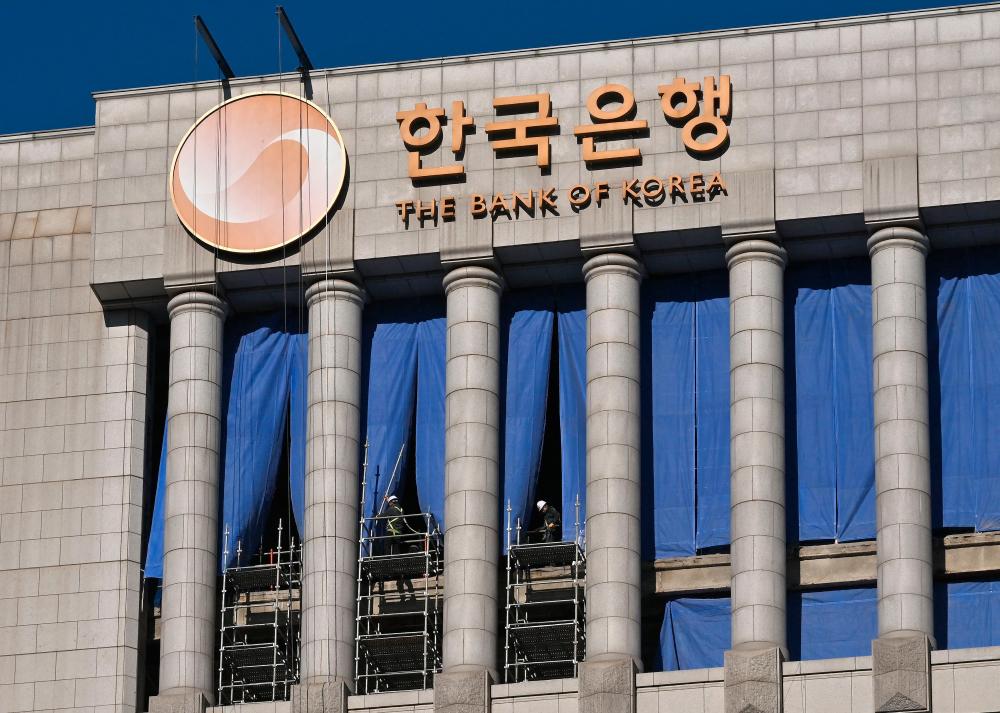SEOUL: South Korea’s inflation eased for the first time in four months in November, bringing relief to policymakers worried about persistent inflation risks as they plan to keep their restrictive monetary policy in place for longer.
The Consumer Price Index stood 3.3% higher than the same month the year before, after a rise of 3.8% in October, official data showed on Tuesday, slower than a median 3.7% rise tipped in a Reuters Survey.
The index fell 0.6% on a monthly basis, marking its first fall since November 2022 and the sharpest drop since October 2020.
A core measure that excludes volatile components including fuel and food eased to 3.0% in November, the slowest rise since March 2022.
“Compared to core inflation in the US and Europe that seem to be still in the 4% to 5% range, (South Korea’s core inflation) seems to be far more stable,” said Finance Minister Choo Kyung-ho at a policy meeting in Seoul. “Considering this, we see inflation stabilising in a steady manner going forward, unless we face some additional external shocks.”
The mild slowdown comes mainly from an easing in prices of fresh food items as well as fuel prices.
The Bank of Korea (BOK) kept interest rates steady at 3.50% last week at its final policy meeting of the year and signalled it may need to keep interest rates higher for longer to head off persistent inflation risks.
Most economists see the BOK as having reached its peak rate and expect it to start easing policy from the third quarter of next year as cooling inflation makes restrictive borrowing costs difficult to justify to the public. – Reuters









